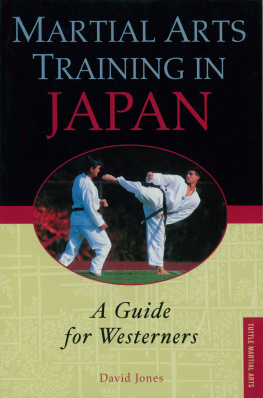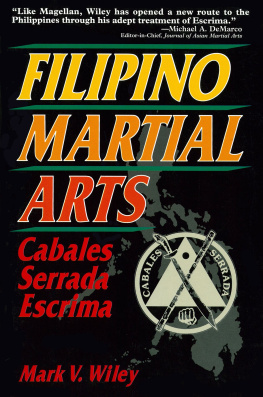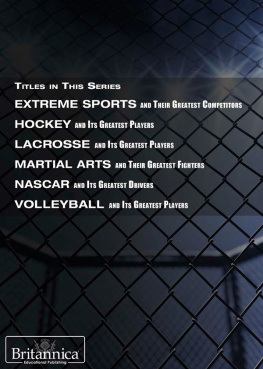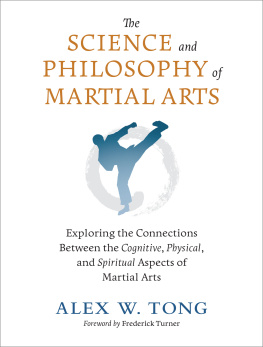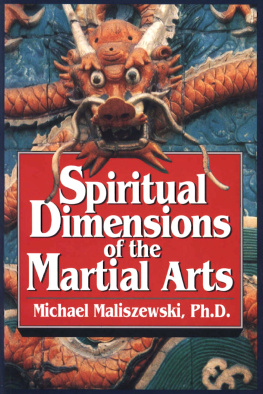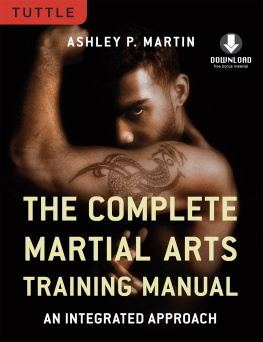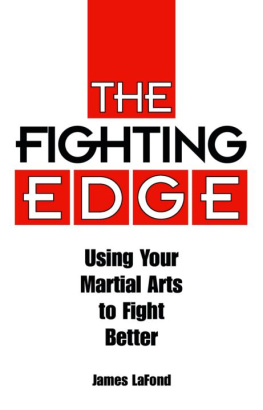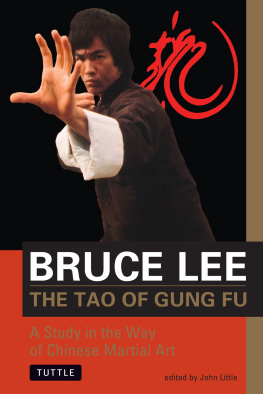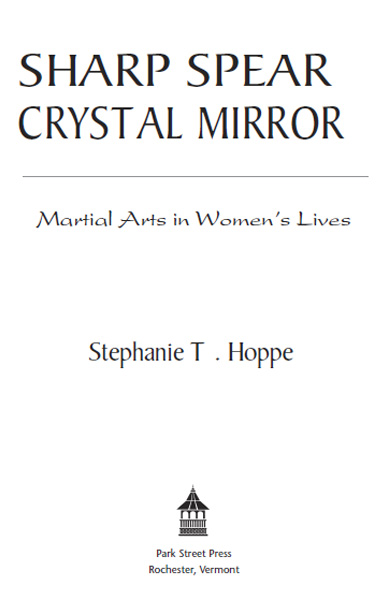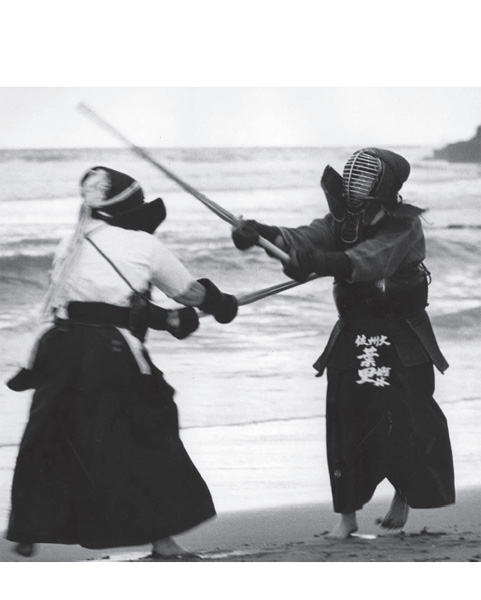To the women who went before me and those who will come after
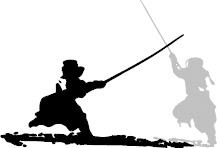
Acknowledgments
A book like this exists only through the participation of those who appear in its pages. I am grateful to all the women I interviewed for the generosity and enthusiasm with which they encouraged me in this project and for the way they shared their lives, thoughts, and teaching. They have enriched my life well beyond this book. Many others who do not appear in the bookand may not even know the impact they had on mealso contributed to the book, and I thank them as well.
I owe particular thanks for introductions, suggestions, and support to Theresa Corrigan, Michelle Dwyer, and Gayle Fillman. Gayle also supplied the title for the book, which is derived from a Shinto purification chant, or misogi, taught to her by Shinichi Suzuki Sensei. Theresa tirelessly read, reread, and commented on drafts. She, as well as Michelle Dwyer, Coleen Gragen, Bruce Hopkins, Saskia Kleinert, David Novogrodsky, and Karen Sherr, provided food and shelter during my travels for this book and participated in many helpful discussions about what I was doing.
For assistance with the Japanese language and other things Japanese, as well as much good companionship, I thank Machiko Shimada. For help with Chinese translations, I am indebted to Ron Epstein. Roger Franklin spent many hours in his darkroom magically manufacturing clear prints from whatever I supplied in the way of old snapshots and poorly exposed negatives. Margaret Emerson drew the yinyang figure of intertwined fish (chapter 7), a welcome representation in the book of the close friendship that has developed from our joint practice and talk about Tai Chi Chuan. If Margy had not just written her own book answering all the questions I would have asked her, I hope she would have consented to have been interviewed here.
The knowledge, skill, dedication, and love of many teachersincluding all the women who appear in the bookhave shaped my understanding of martial arts and expanded my idea of my own abilities. I thank especially, in chronological order of the important lessons they taught me at critical points as my work on the book unfolded, Janet Seaforth, Gayle Fillman, Michelle Dwyer, Nam Singh, Jeanne Wetzel Adams, Jane Golden, Wen Mei Yu, Margaret Emerson, Carl Carlson, Sam Edwards, Arthur Goodridge, Willem de Thouars, and Wasentha Young. I am grateful also to my Tai Chi sisters and other training partners in Ukiah, especially Judy Albert, Steve Buck, and Mark Gordon.
I am also grateful to the people at Inner Traditions International who believed in this book and worked to make it a reality, especially Jon Graham, Rowan Jacobsen, Christine Sumner, and Kristin Camp. Emily Bower, herself a martial artist, wielded her copyediting pencil with grace and precision.
Always and above all, I thank Frank Broad-head, first reader, training partner, and beloved companion in every endeavor.

INTRODUCTION
Hefting the Spear That Has Been Offered to Me
In 1988, at the age of forty, I began the study of Tai Chi Chuan. For more than ten years I had lived with chronic back pain, caused, doctors told me, by a degenerated disk in my spine. Distrusting the surgery they recommended, I looked for alternative treatments. A chiropractor helped me considerably. She was also the one who suggested regular physical exercise, such as swimming or bicycling. Over the years I took upand grew bored withjogging, swimming, race walking, and several varieties of yoga. Then a friend suggested Tai Chi Chuan. A teacher was available in the town where I lived, and I signed up.
Tai Chi Chuan turned out to be completely different from anything I had ever done before. My back pain disappeared within weeksdue, I believe, to my learning to stand and move with the strong bones of my hips and legs properly aligned to take the weight of my body and leave my spine and upper body loose and relaxed. But once I was free of pain my interest in Tai Chi Chuan only grew. From the start my daily training was no chore but a treat I looked forward to.
As time passed I noticed that the calm, open, relaxed manner of holding myself that was necessary to execute the movements seemed to spill over into other parts of my life. I felt myself more fully inhabiting my body just working at my desk or walking about. My breath and balance improved, as did my stamina and mental focus. I danced more gracefully and enjoyed it more. One day I realized much of my fear of heights, crowds, and public speaking had dissipated. I found in myself a new clarity about what things matter to me and a growing ability to keep from being distracted from them. I took on public responsibilities in my community that I would have shrunk from a few years earlier. Of course Tai Chi Chuan was not the only influence in my life, but each change I observed seemed to be associated with an increase in the ability to be fully, physically present in the body and mentally in the moment.
So far so good. But other changes were not so welcome. Fiction writing had formed the core of my daily schedule and self-identity for nearly a decade. But my fictional imaginings paled before the immediacy and physicality of my new physical practice. I had avoided reading and writing and even talking about Tai Chi Chuan, lest in capturing the surface of my experience in words I might be cut off from searching depths where words become unreliable. Now I found I could scarcely read or write at all.
I also came up against the realization that Tai Chi Chuan is a martial art. Many people had told me so, but I assumed they spoke metaphorically or with reference to origins of which the practice had long since been sanitized. And Tai Chi Chuan is often taught as a moving meditation and health exercise. This was my own teachers emphasis, although she also showed us fighting applications of the moves and introduced us to sparring. Then one day while I was watching a movie on TV, a fight sequence came on the screen. Ordinarily I tuned such things out, but for once I actually looked at what was going on and was startled to discover that I could follow the interaction. I could discern, too, that parts of the fight were staged with complete disregard for what would happen in reality. I could do better, I almost said aloud. I stopped myself in dismay.
I had always thought of myself as nonviolentwithout, perhaps, closely examining what I meant. It distressed me to think that the capacities and skills I was acquiring might be very immediately grounded in and designed for fighting. Would I have to take up fighting to further explore and develop my newfound abilities?
At this point, I turned to books to explore the recorded history and philosophy of Tai Chi Chuan, but the information that I gleaned, although often interesting, did not relate directly to my experience or address my concerns. And all of the books were written by men. My practice was bringing me into areas of identity and being that are deeply affected by gender in U.S. society, and I realized I needed to know what women could tell me. I soon found that books by or about women in any of the martial arts are few indeed and those I found offered only tantalizing glimpses in brief essays, profiles of pioneering women, or narrowly focused descriptions of technique. I knew by then that throughout history many women have pursuedand excelled inmartial arts, but if I wanted to read a book that explored womens experience in depth, apparently I would have to write it myself. I had fifteen years experience as a writer, but as a practitioner of Tai Chi Chuan I was very much a beginner, and I did not in the least consider myself a martial artist. I did, however, feel the passionate interest that sustains the writing of a book, and so I began.


